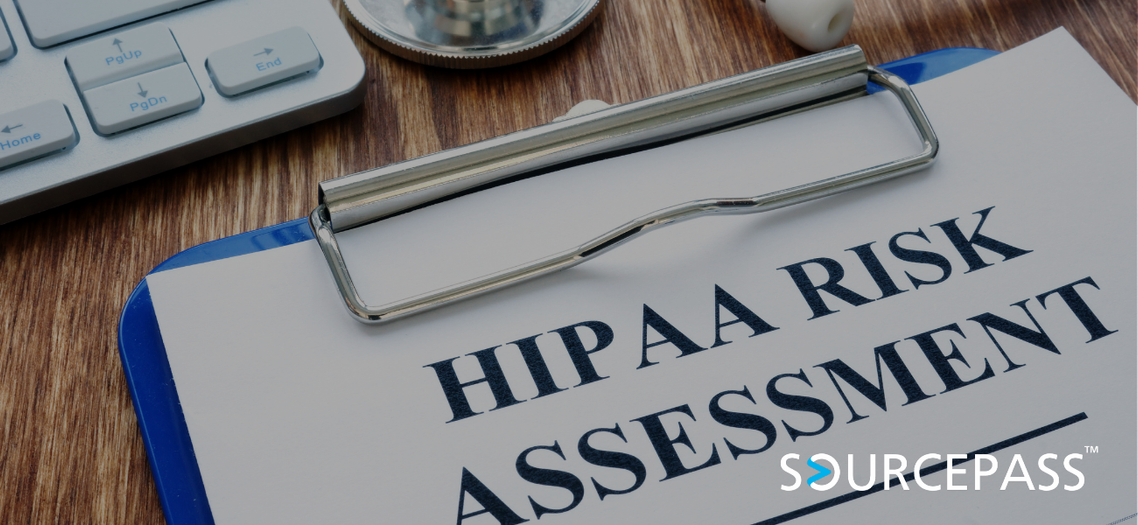How to Guard Against Modern Cyber Threats in the Healthcare Industry
Oct 09, 2024 Alex Davis Security & Compliance 2 min read



The healthcare industry faces an unprecedented level of cyber threats. From data breaches to ransomware attacks, the stakes are high when it comes to protecting sensitive patient information.
As healthcare organizations continue to digitize their operations, it is crucial to implement robust cybersecurity measures to guard against modern cyber threats. This blog will explore key strategies to enhance your cybersecurity posture, with a special focus on guarding against ransomware.
Understanding Modern Cyber Threats
Modern cyber threats are diverse and constantly evolving. They include:
- Phishing Attacks: Cybercriminals use deceptive emails to trick employees into revealing sensitive information or downloading malicious software.
- Malware: Malicious software designed to disrupt, damage, or gain unauthorized access to computer systems.
- Ransomware: A type of malware that encrypts data and demands a ransom for its release.
- Insider Threats: Employees or contractors who intentionally or unintentionally compromise security.
- Advanced Persistent Threats (APTs): Prolonged and targeted cyberattacks aimed at stealing data or disrupting operations.
Key Strategies to Guard Against Cyber Threats
- Employee Training and Awareness: Educate staff about the latest cyber threats and safe online practices. Regular training sessions can help employees recognize phishing attempts and other malicious activities.
- Implement Strong Access Controls: Limit access to sensitive information based on the principle of least privilege. Ensure that only authorized personnel have access to critical systems and data.
- Regular Software Updates and Patch Management: Keep all software and systems up-to-date with the latest security patches. This helps protect against known vulnerabilities that cybercriminals could exploit.
- Network Segmentation: Divide your network into segments to limit the spread of malware. This way, even if one segment is compromised, the rest of the network remains secure.
- Multi-Factor Authentication (MFA): Implement MFA to add an extra layer of security. This requires users to provide two or more verification factors to gain access to a system.
- Regular Security Audits and Assessments: Conduct regular security audits to identify and address vulnerabilities. This proactive approach helps ensure that your security measures are effective.

Guarding Against Ransomware
Ransomware is one of the most significant threats facing the healthcare industry today. Here are some specific strategies to guard against ransomware attacks:
- Regular Data Backups: Ensure that all critical data is backed up regularly and stored securely. In the event of a ransomware attack, having up-to-date backups can help you restore your data without paying a ransom for the return of access to your data.
- Email Filtering and Scanning: Implement advanced email filtering and scanning solutions to detect and block malicious emails before they reach your employees’ inboxes.
- Endpoint Protection: Deploy endpoint protection solutions that can detect and block ransomware before it can encrypt your data. These solutions often include real-time monitoring and threat detection capabilities.
- Incident Response Plan: Develop and regularly update an incident response plan that outlines the steps to take in the event of a ransomware attack. This plan should include procedures for isolating infected systems, notifying stakeholders, and restoring data from backups.
- User Education: Continuously educate employees about the dangers of ransomware and the importance of following security best practices. This includes being cautious about opening email attachments and clicking on links from unknown sources.
Partnering with SonicWALL and Sourcepass
To effectively guard against modern cyber threats, healthcare organizations need the support of trusted cybersecurity partners. SonicWALL and Sourcepass offer comprehensive solutions to help you secure your network and protect sensitive patient data.
SonicWALL provides advanced firewall solutions, intrusion prevention systems, and secure remote access technologies designed to defend against the latest cyber threats. Their solutions are tailored to meet the unique needs of the healthcare industry, ensuring compliance with regulatory requirements and safeguarding patient information.
Sourcepass offers a range of IT services, including cybersecurity assessments, managed security services, and incident response planning. By partnering with Sourcepass, healthcare organizations can benefit from expert guidance and support to enhance their cybersecurity posture.
Want to learn more about how Sourcepass and SonicWALL can help healthcare organizations guard against cyber threats?
Guarding against modern cyber threats requires a multi-faceted approach that includes employee training, strong access controls, regular software updates, and advanced security solutions.
By focusing on these strategies and partnering with industry leaders like SonicWALL and Sourcepass, healthcare organizations can protect their networks and ensure the security of sensitive patient data. Don’t wait for a cyberattack to occur—take proactive steps today to safeguard your organization against the ever-evolving landscape of cyber threats.
Speak to one of our IT specialists to learn how Sourcepass and SonicWALL can help.
Subscribe To
Sourcepass Insights
Sourcepass Insights
Stay in the loop and never miss out on the latest updates by subscribing to our newsletter today!


